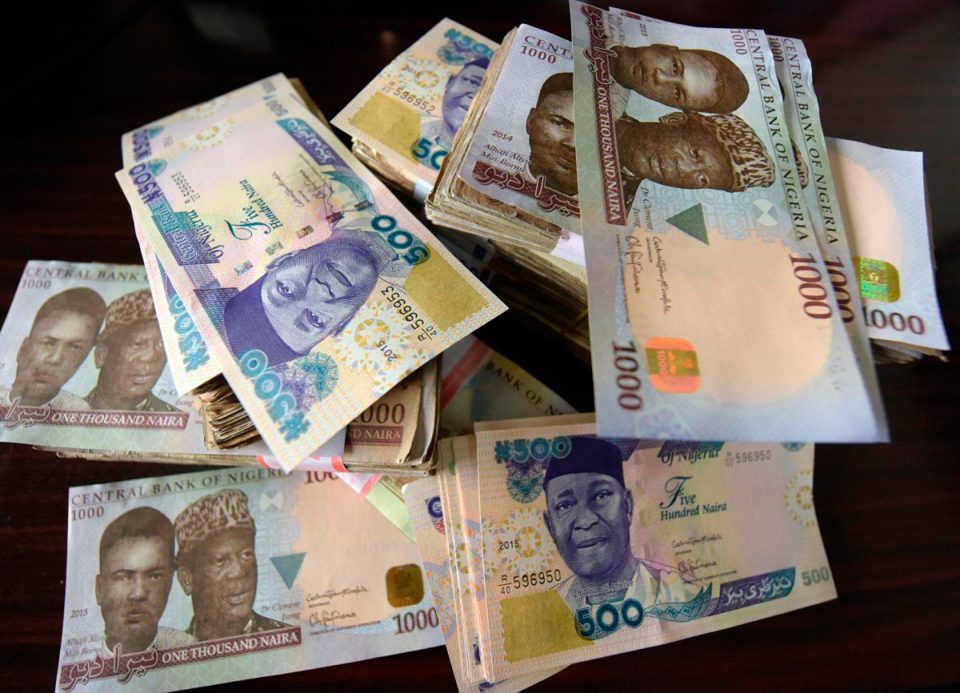As the Central Bank of Nigeria (CBN) weakened the Naira against the dollar by N6, the parallel market took a cue by trading the currency at N500/$ at the weekend.
Amid the growing illiquidity at the foreign exchange (forex) market, the apex bank, for the third time this year, officially devalued the currency on Friday.
A circular by the Director Trade and Exchange Department of CBN, O.S Nnaji, says the rates will apply to disbursement from Monday, November 30, to Friday, December 4, 2020.
The statement read: “Weekly Exchange Rate for Disbursement of Proceeds of International Money Transfer Service Operators (IMTOs) pegged sale of dollar to banks at N388 to dollar; banks’ sale of dollar to CBN at N389 to dollar and CBN sale of dollar to BDCs at N390 to dollar.
“The BDCs are now expected to sell to end-users at not more than N392 to dollar and each BDC is entitled to buy $10,000 weekly.”
However, figures on the CBN’s website showed that the apex bank’s official rate remained N379.5/$ at the close of trading last week.
Market dealers, including bureau de change (BDC) players and service providers were advised to add N6 to existing rates.
IMTOs sale of dollar to banks is pegged at N388 to a dollar, N6 higher than the previous N382 to dollar rate while banks sale of dollar to CBN was increased from N383/$ to N389/$.
CBN would henceforth sell dollar to BDCs at N390/$dollar instead of the previous N384/$ while BDCs are to sell N392/$ to end-users. They were previously selling at N386/$dollar.
The CBN Governor, Godwin Emefiele, had at the Bankers’ Dinner in Lagos on Friday assured that the country would be able to stabilize the naira on the strength of the size of the reserves.
“Our external reserves,” currently stand above $35billion and are sufficient to cover seven months of import,” he said.
It was reported last week that the pressure on the naira at the parallel market was not abating despite CBN assurances.
Meanwhile, the parallel market operators at the weekend insisted that demand continued to rise amid growing illiquidity.
“With the devaluation news, many people with dollars are not willing to sell. So, we are in short supply; and the demand continues to rise. It is a double tragedy,” the operator said.
As of Friday also, the pound was officially trading at N505.6 while the euro was pegged at N451.6.
The President, Association of Bureaux De Change Operators of Nigeria (ABCON), Alhaji Aminu Gwadabe, had blamed speculators for the persistent crisis in the market. He warned that they would lose money except they stop the anti-market tendencies.
Also, Chief Consultant of B. Adedipe Associates, Mr. Biodun Adedipe, attributed the lingering currency crisis to blind speculation, arguing that there was no empirical evidence showing that the market was facing a serious challenge.
“I am not worried about what is happening in the market. This is not an election year, so nobody can attribute what is happening to the activities of politicians,” the economist said.




